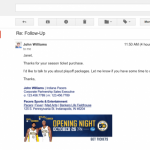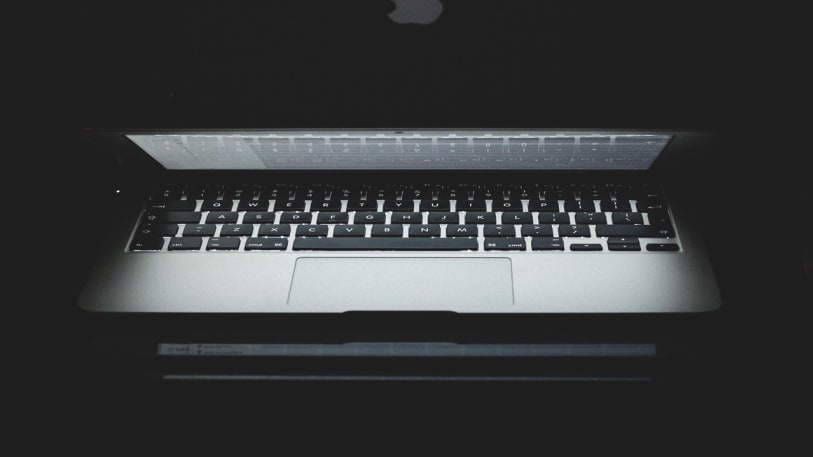Take These Steps Right Now To Avoid Answering Work Emails (Again) Tonight
By Richard Moy—The Muse
I’m willing to bet that you can think of a time when you were about to sit down for a meal, only to be interrupted by an “urgent” update at work that pulled you away from the table. You can probably tell me about at least a dozen times when this happened to your friends—and how annoying it was to tell them it was “Of course, okay” for them to respond right that second.
Leaving work at work is tough for almost everybody. And while there isn’t one perfect answer, here are a few ideas to help you at least try.
1. Create A Calendar Reminder To Leave Work Every Day
At one of my previous jobs, work-life balance was hard for everyone to achieve. One day, I caught a glimpse of an executive’s calendar and noticed he blocked off time for himself to leave the office. At first, I thought it was sad. I couldn’t fathom having to set aside time not to be at work.
Fast forward a few years, and now I get it. Sometimes you get caught up in what you’re working on and simply forget to leave. Or you convince yourself that it’s okay to stay for just 30 more minutes, then an hour more. By the time you leave, your brain’s burnt out and you can’t carry on a normal conversation about anything else.
So create a reminder for yourself that forces you to leave (or at the very least, serves as a friendly nudge). It might not work every single time, but it’s a good start toward leaving the office when your head still feels screwed on and you can think about other things.
2. Take Your Work Email Off Your Smartphone
Full disclosure: I used to be the worst about checking work emails on my phone. Even though projects rarely got to the emergency stage, I was always ready for it. But when I caught myself checking my inbox during my brother-in-law’s graduation weekend, I realized that a simple fix was to un-sync my work accounts. After all, I was on my personal time on my personal phone.
I can’t speak for every single company on the planet, but take a minute to review your team’s email policy. If it doesn’t require you to set up your work account on your phone, be bold and remove it yourself.
It’ll feel unsettling at first, but it’s one of the easiest ways to control when you are and aren’t thinking about your job. If that’s not an option for you, consider turning off notifications or telling your team that they can always email you on your personal email if it’s urgent.
3. Write Down The First Thing You Need To Do The Next Morning
This might sound silly, but think about what freaks you out the most when you walk away from your desk. I’ve lost count of how many times I’ve heard people say that they just had too much to do before they could seriously leave for the night. And I’ve been there too—because sometimes it feels like no matter how long you work, one more task is bound to come up.
And that means you always walk away feeling like you could’ve done more. That feeling is what results in you checking your phone all night or stressing about the next day.
Rather than deal with that unsettled feeling every night, take a few minutes at the end of each workday to create a short list of what you have to do the next morning. Sure, an emergency could pop up, but knowing what’s on the docket as soon as you head in can help you feel like you’re in a good place to leave.
I don’t think anyone will ever truly master the art of leaving work at work. There will always be reasons to check in with a teammate or peek at your email on a Saturday afternoon. But if you truly want to think about work less during your downtime, there is hope for you—and it starts with these steps.
(40)














